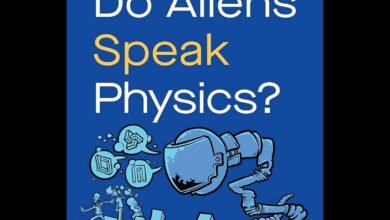The cosmic redemption of astronomer John Couch Adams | by Ethan Siegel | Starts With A Bang! | Jul, 2024

Adams was infamously scooped when Neptune was discovered in 1846. His failure wasn’t the end, but a prelude to a world-changing discovery.
Perhaps its human nature to want to only think positive thoughts about our heroes. With the 2024 Olympics about to begin, we hope for a clean victory for our favorite beloved athletes; we don’t want our sports heroes to cheat or use performance-enhancing drugs. We want our humanitarian and political heroes to be kind, generous, and have that spirit of self-sacrifice for the greater good in all that they do; we don’t want them to be associated with any sordid scandals or criminal activity. And in science, we tend to glorify the thoughts and processes of all of our scientific heroes; we bristle at the notions that they’d ever commit the greatest of all scientific sins: the sin of having been wrong.
But science is not an endeavor one undertakes all by themselves, but rather as part of a worldwide community. And being wrong is not a death sentence, but rather is often a stepping-stone to an even greater success. The common mantra, “Once a failure, always a failure,” couldn’t be further from the truth when it comes to real life. While it’s true that even our greatest scientific heroes had their flaws, some…
Source link

